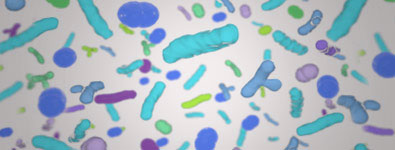© 2024 Ferring. Ferring et le logo de Ferring Pharmaceuticals et, sauf indication contraire, tous les noms de produits et de services sont des marques commerciales détenues par le groupe de sociétés Ferring ou utilisées sous licence par celui-ci. Toutes les autres marques de commerce sont la propriété de leurs détenteurs respectifs.



